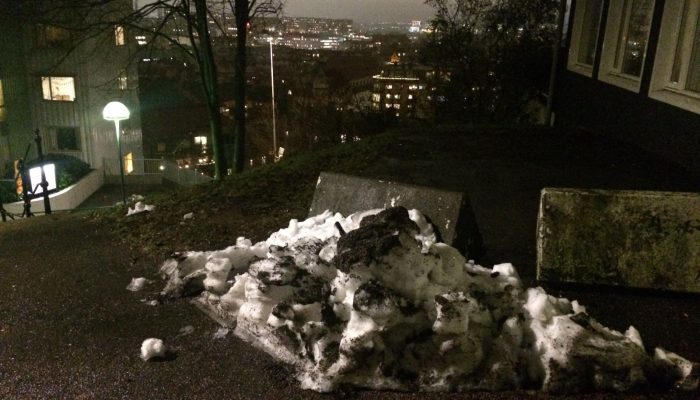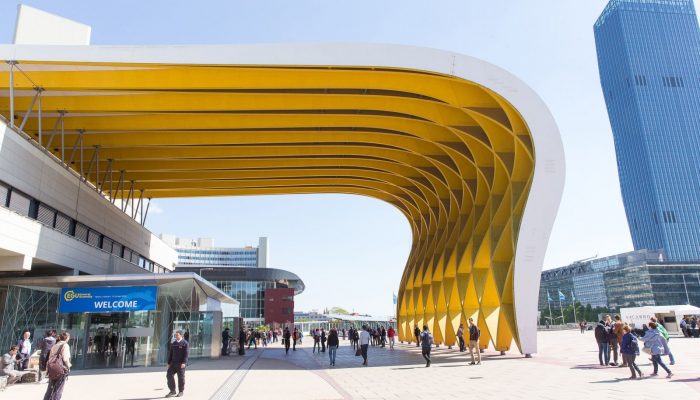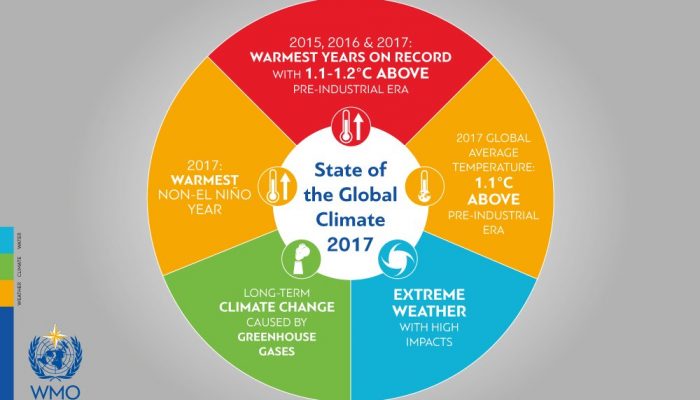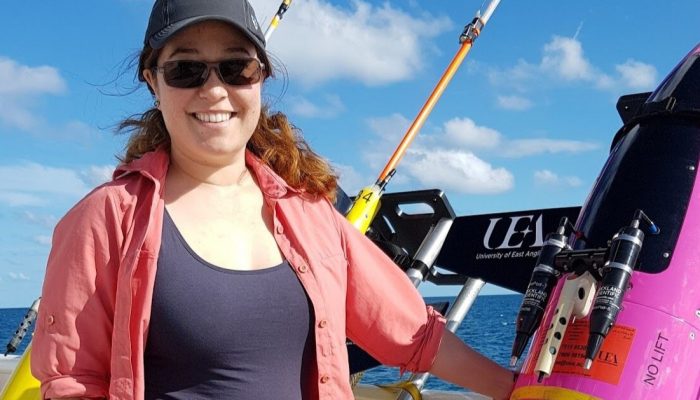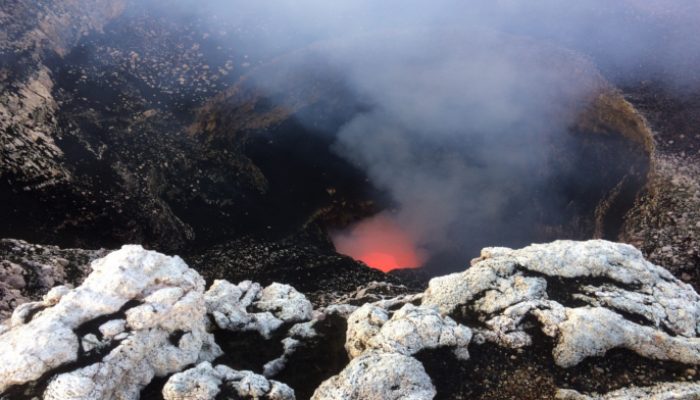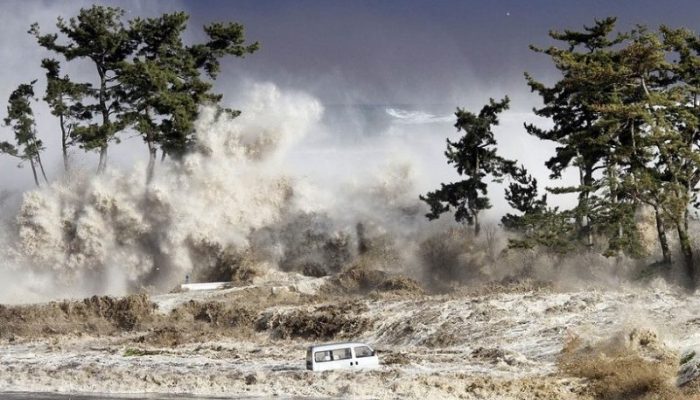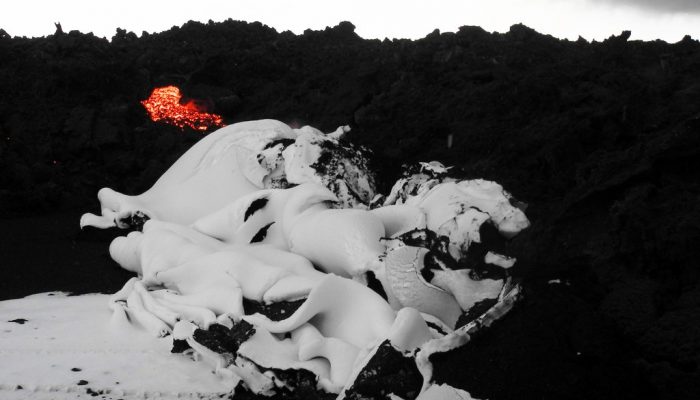Snow, sub-zero temperatures for several days, and then back to long grey days of near-constant rain. A normal winter week in Gothenburg, south-west Sweden. Yet as I walk home in the evening, I can’t help but notice that piles of ice have survived. Using the equations that I normally need to investigate the demise of Greenland glaciers, I want to know: how hard can it be to melt this pile of ice by ...[Read More]
Geomorphology
Do glaciers really do all the work? Perhaps not.
Kerry Leith from the Engineering Geology Department at the ETH Zürich set up a post on their latest publication and the backstory behind it. As they announced on their own website (www.stressdriven.com) review comments ranged from “mediocre or poor” to “[…] provocative, potentially revolutionary (if correct) analysis”. It surely contains interesting thoughts. – ...[Read More]
GeoLog
EGU 2018: How to make the most of your time at the General Assembly without breaking the bank
Attending a conference is not cheap, even if you’ve been lucky enough to secure some funds to help with travel, accommodation and/or registration costs. However, with a little insider knowledge from those who’ve attended the General Assembly many times before, it is possible to have a (scientifically) rewarding week in Vienna, without breaking the bank. Before you get there A sure way to save a fe ...[Read More]
Tectonics and Structural Geology
Paris: From quarry to catacombs
Paris, 2000 ya. Claude is sweating all over. It’s mid-July and the sun is burning on his skin. With his hammer and shovel he is digging up grey and white stones. The faults and fractures in the rock help him to get the rocks out easily. But still, it’s hot and humid and his shift isn’t over yet. Luckily he can’t complain about the view. Lutetia, one of the new Roman settlements lies right in front ...[Read More]
GeoLog
January GeoRoundup: the best of the Earth sciences from across the web
Drawing inspiration from popular stories on our social media channels, as well as unique and quirky research news, this monthly column aims to bring you the best of the Earth and planetary sciences from around the web. Major stories The World Meteorological Organization (WMO) has confirmed that 2017 is among the three warmest years on record. The three years with the highest temperature on record ...[Read More]
GeoLog
GeoTalk: Eleanor Frajka-Williams, the 2017 Ocean Sciences Division Outstanding Early Career Scientists Awardee
Geotalk is a regular feature highlighting early career researchers and their work. Following the EGU General Assembly, we spoke to Eleanor Frajka-Williams, the 2017 Ocean Sciences Division Outstanding Early Career Scientists awardee. In her work, Eleanor uses real-world measurements – from ships, satellites, sea gliders and moorings – to understand how the world’s oceans work. In today ...[Read More]
Geochemistry, Mineralogy, Petrology & Volcanology
Living with volcanic gases
Professor Tamsin Mather, a volcanologist in Oxford’s Department of Earth Sciences reflects on her many fieldwork experiences at Masaya volcano in Nicaragua, and what she has learned about how they effect the lives of the people who live around them. Over the years, fieldwork at Masaya volcano in Nicaragua, has revealed many secrets about how volcanic plumes work and impact the environment, ...[Read More]
Geology for Global Development
How deep-seated is bias against scientists in the Global South? Can we attribute individual disasters to climate change? Find out in Jesse Zondervan’s Dec 20 – Jan 24 2018 #GfGDpicks #SciComm
Each month, Jesse Zondervan picks his favourite posts from geoscience and development blogs/news which cover the geology for global development interest. Here’s a round-up of Jesse’s selections for the last four weeks: If we want to solve the world’s problems, we need all the world’s scientists. Social Entrepreneur Nina Dudnik speaks out against prejudice towards scientists in the developing world ...[Read More]
GeoLog
Imaggeo on Mondays: Snow folded by advancing lava
The photograph shows the interaction of the first snow and an active lava flow during the 2014 / 2015 Holuhraun eruption in Iceland. The first snow fell onto a ground covered by fine black ash on 26 September 2014. While the meter thick lava flow advanced a few meters per day, it neither melted the snow nor flowed on top of it. Instead, it pushed a layer of centimetre-thick snow and millimetre-thi ...[Read More]
GeoLog
Geopolicy: How does scientific uncertainty translate into policy?
Scientific uncertainty is one of the only things in science that is certain. It’s found in complex modelling systems, in the unpredictability of natural processes and even when there seems to be scientific consensus, a new scientific discovery can recreate ambiguity. But how do policymakers deal with scientific uncertainty when they are making decisions? Policymakers deal with and use scientific u ...[Read More]

